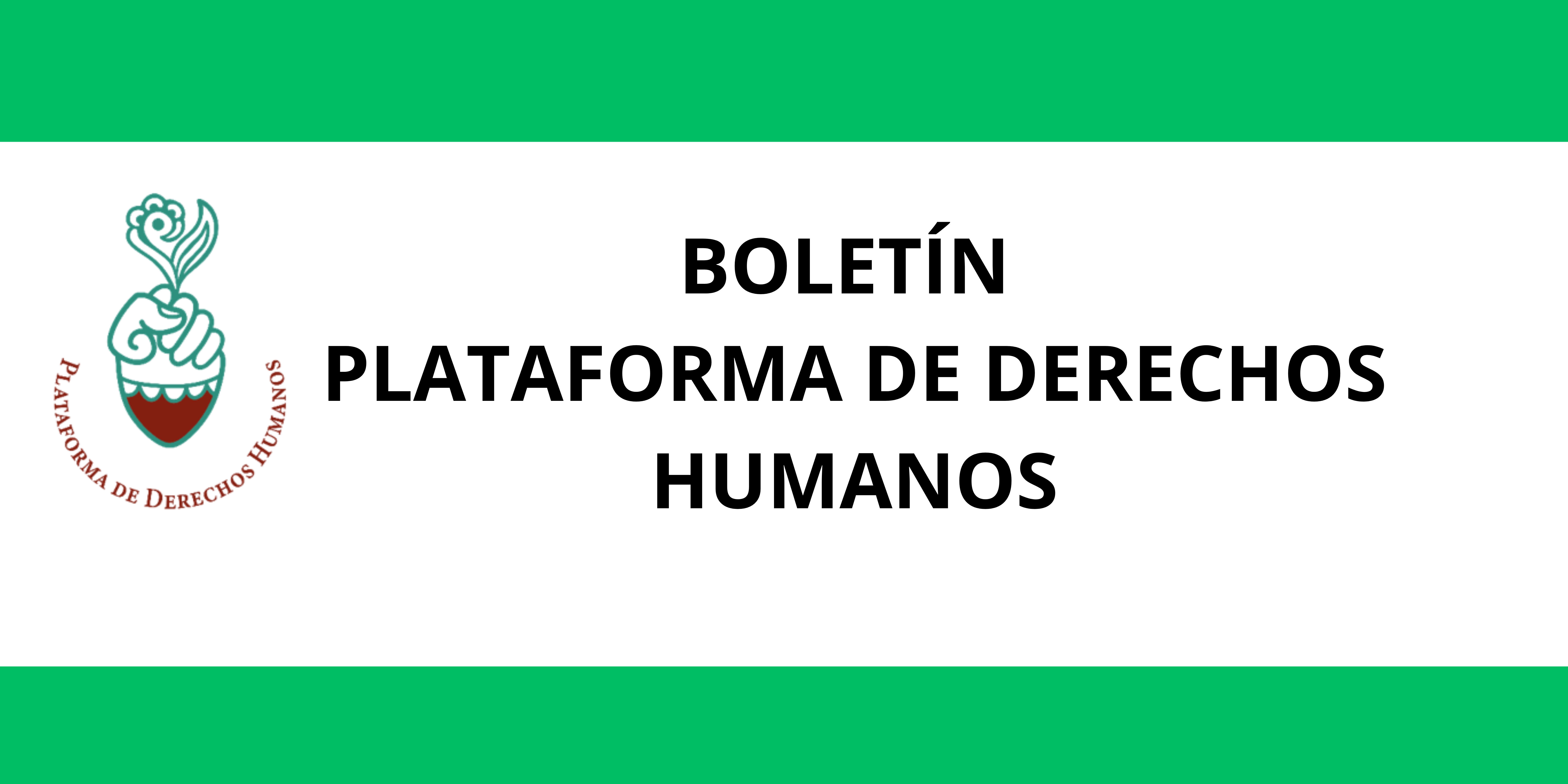Almost 2 years after the presentation of the Human Rights Agenda in 2023, various organizations who defend human rights in Oaxaca reiterate that, even with advances, there continues to be breaches in the protection of fundamental rights which continues to represent limitations in Oaxacan society. This Agenda clearly exposes and details the problems that affect different groups of the population, given the experience, trajectory, and work of each civil organization.
The document provides evidence for how impunity and institutional violence continue every day as the norm. It is time to remember the situation of some of these rights:
* In the case of women, the lack of effective mechanisms for the protection of female defenders and victims of violence remains undefined. Combined with opaque investigations and the scarce implementation of protocols with a focus on gender, the cycle of vulnerability and violence continues to be perpetrated.
* Similarly, children and teenagers continue to suffer from a lack of specialized attention when they face abuse and negligence in the implementation of education policy and protection of children.
* For the LGBTQ+ community, invisibility of official statistics and absence of appropriate measures of protection and legal recognition, even when they exist on paper, show a lag that requires an immediate response.
* Indigenous communities and African descendents continue to struggle in respect to their traditional norms and the correct application of the right to prior consultation, essential elements in an intercultural state. Additionally, corruption and manipulation of resources in community contexts makes the distrust toward institutions worse.
* Migrants, often in transit and without papers, face discrimination and barriers to access basic services,
* People with disabilities continue to be marginalized as welfare models that ignore their right to autonomy, inclusive education, and access to justice.
The Agenda’s recommendations urge the various authorities to:
* Guarantee accountability and an end to impunity through effective protocols and tracking systems that protect victims and human rights defenders.
* Establish specific and differential measures for the attention of women, children, the LGBTQ+ community, indigenous communities, migrants, and people with disabilities, recognizing cultural, linguistic, and social diversity in the state.
* Promote a structural reform in the institutional environment and, specifically, in the instrumentation of public policy, that includes the training of justice operators and public officials that incorporates a focus on gender, interculturality, and inclusion and avoids a repeat of discriminatory practices and the revictimization of historically marginalized communities, as is described in this Agenda.

